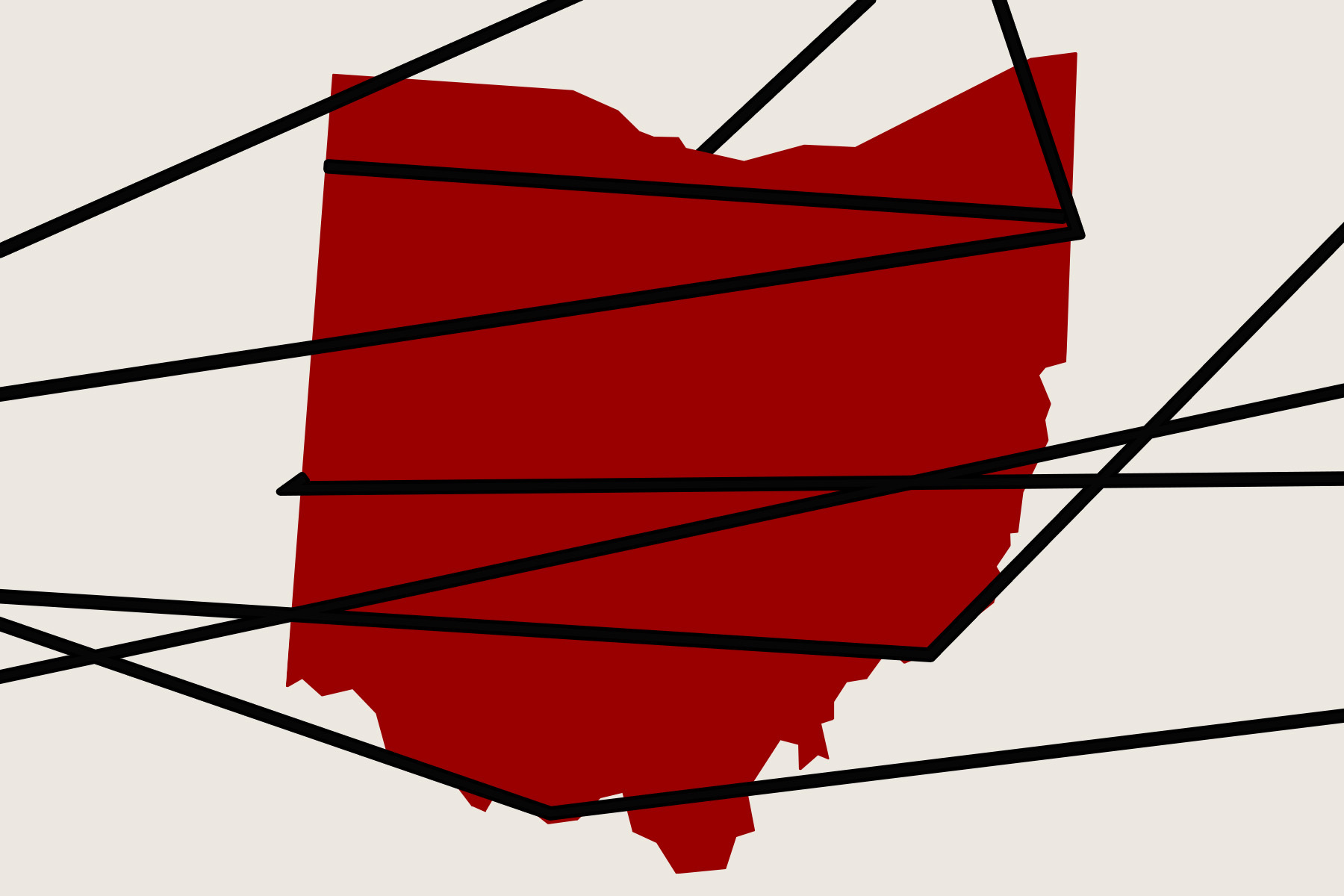Key takeaways:
- The 2022 election in Ohio has highlighted the power of the anti-abortion lobby and the influence they have on the state’s politics.
- Maureen O’Connor, a Republican retired chief justice of the Ohio Supreme Court, sided with her Democratic colleagues to find that the Ohio Redistricting Commission’s maps were unconstitutionally unfair to Democrats.
- It remains to be seen if the state will be able to create a legitimately representative government in the future.
Ohio has long been a battleground for abortion rights, with the well-organized and well-practiced anti-abortion lobby using the promise of abortion restrictions and threat of broad access to the procedure to drive like-minded voters to the polls. This was especially evident in the 2022 election, when Republican politicians signed their names to both substantive and messaging bills alike, often able to fly the flag without dealing with the consequences while Roe v. Wade was still the law of the land.
Maureen O’Connor, a Republican retired chief justice of the Ohio Supreme Court, sided with her Democratic colleagues to find that the Ohio Redistricting Commission’s maps were unconstitutionally unfair to Democrats. The Ohio state House and Senate and the state’s congressional delegation were elected in 2022 using maps that a majority of the Ohio Supreme Court, including O’Connor, deemed to be unconstitutional.
When asked if her state currently has a legitimately representative government, O’Connor hesitated before answering. She noted that the anti-abortion lobby has been successful in driving like-minded voters to the polls and that Republican politicians have been able to fly the flag without dealing with the consequences while Roe v. Wade was still the law of the land.
The 2022 election in Ohio has highlighted the power of the anti-abortion lobby and the influence they have on the state’s politics. O’Connor believes that the state’s redistricting maps were unconstitutionally unfair to Democrats and that the anti-abortion lobby has been successful in driving like-minded voters to the polls. It remains to be seen if the state will be able to create a legitimately representative government in the future.



Be First to Comment